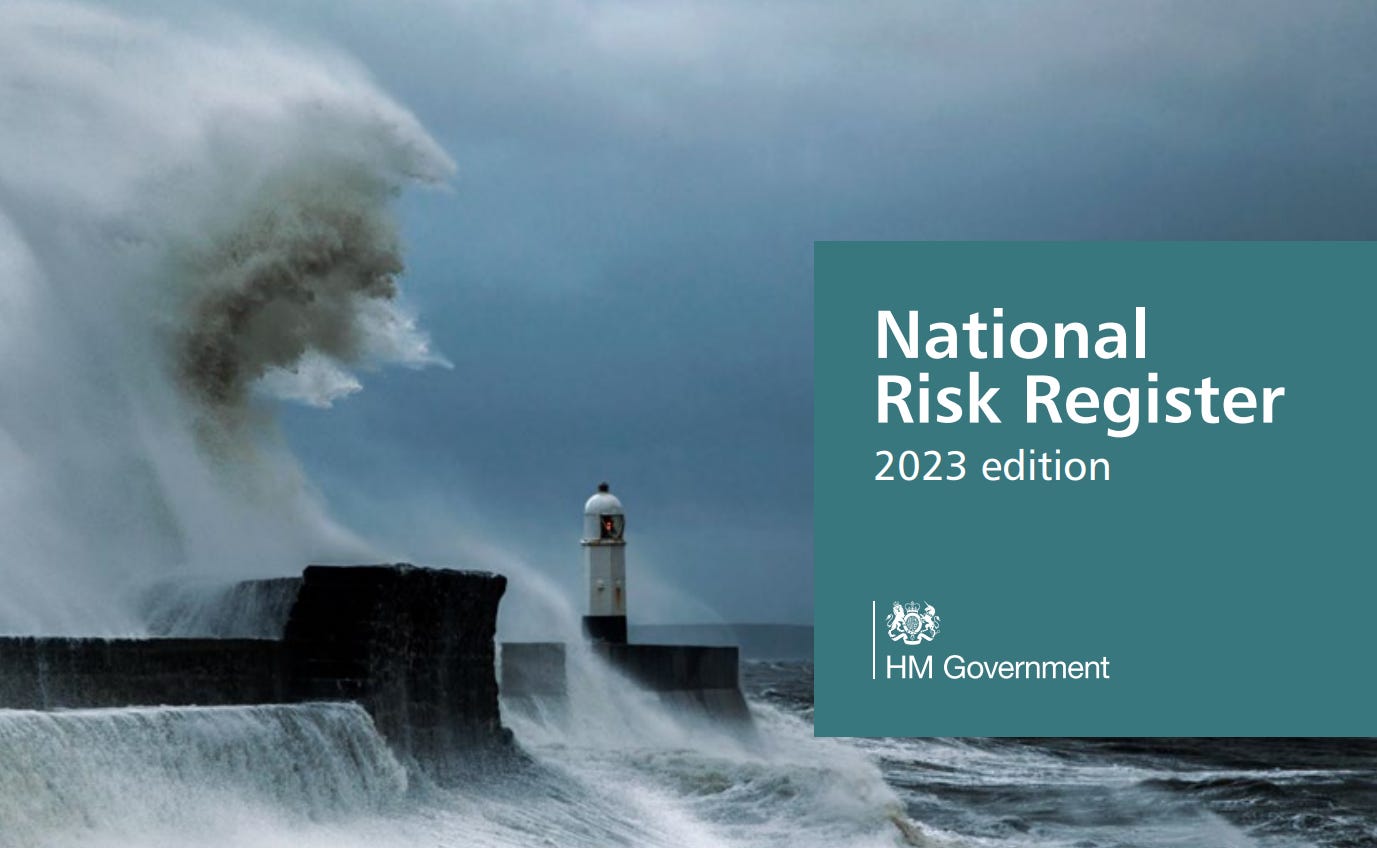Hot or cold - preparing for extreme weather events
Since the start of 2023 there have been many extreme weather events that have occurred around the world. The events including flooding, extreme cold, extreme heat, wildfires and hurricanes. Every business and organisation can be affected by these events and it is now vital to have both crisis and business continuity plans to address these possible situations.
The implications of the changes to the climate are not something that can be ignored. Flooding has the possibility of impacting on locations, leading to power cuts, and preventing businesses functioning. Extreme heat and wildfires can do the same as well as both having a real threat to life.
It is vital to have crisis communication plans that consider where the risks are to the business and what information needs to be shared. At the forefront should be the information provided to staff and employees. The focus should be on preserving and protecting lives and this may mean stopping work, working from a different location or implementing remote working.
Other things to consider: what critical areas of the business may be affected? What can you say to reassure customers or clients? How can you have effective communication about the situation and what is happening within the business? What systems are most effective to reach your critical and key audiences? Are you ready to move quickly if an extreme weather event occurred?
In the same way that cyber attacks are something that every business and organisation needs to prepare for so are extreme weather events.
If your crisis communication plan doesn’t cover extreme weather then put some thought into creating a plan or adding to your approach to crisis response. The more prepared we are the more resilient we can be.
New UK Risk Register
The latest National Risk Register for the UK has been published. Three key areas that are being highlighted are preparing for extreme weather, potential energy challenges due to the actions of Russia, and a further pandemic. Amanda has written a blog about the importance of the document to individuals and communication professionals. Read it here. To view the UK Risk Register click here.
Tackling Vaccine Myths - new report
The National Institute for Health and Care Research (NIHR) has published research into how to tackle misinformation and myths related to vaccines. It highlights three ‘promising’ communication approaches, which are communicating scientific consensus, using humour to dispel vaccine myths, and vaccine misinformation warnings. Find out more in the full report here.
Training - Your Views Needed
Planning is underway for a programme of crisis communication focused training that will take place during 2024. It builds on the successful sessions run so far this year. Thank you to everyone who has joined one of the sessions.
Let us know what you are looking for in training during 2024. Is it about understanding social media, internal communication or emergency communication? Are you keen to test your decision making with an exercise or with a full crisis simulation? Is it operational crises that concern you or reputational crises?
Complete this short survey (est 5mins to complete) and help design the training for the coming year.
In Brief:
Amanda Coleman Communication Ltd has launched a new website that details more about the service that the consultancy offers. The site for the first time includes an emergency contact form for anyone needing immediate support with a problem. Take a look at the new site here.
New research from the University of Limerick has shown that emotional language is the key to building trust and influencing public health behaviour. Read more here.
An interesting article in Christianity Today looks at the role religious leaders can have in crisis management. Find out what was included here.
The latest #10minswith interviews carried out by Amanda have been published. Amanda talks to Jo Twiselton about recovery and crisis communication. Find out what she says here. And also speaks to Jenni Field about organisations moving from chaos to calm. Find out more by watching the chat here.
In a recent blog Amanda looks at the importance of honesty in crisis response and in avoiding making a difficult situation worse. Read more here.
The BCI has shared details of new draft regulations from the UK Government concerning new corporate reporting requirements for large organisations. Find out more here.
The August edition of Testing Times the monthly crisis communication case study has been published. Contact amanda@amandacolemancomms.co.uk to receive a copy.
Diary Dates:
On 12 September Amanda will be running her popular Crisis Management webinar for the PRCA. Find out more about the session here.
Amanda will be running the next crisis communication exercise on 18 October. It will be focused on a reputational crisis. It is for two hours and costs just £50 per place. Contact amanda@amandacolemancomms.co.uk for more information.
If you want to refresh your knowledge about how to Develop a Communication Strategy, Amanda will run a session on 14 September for the PRCA. Find out more here.



